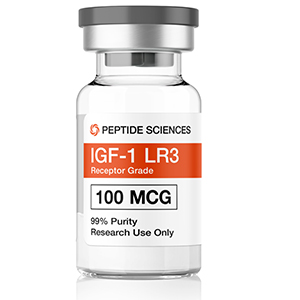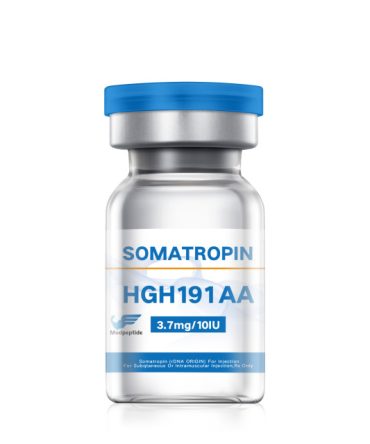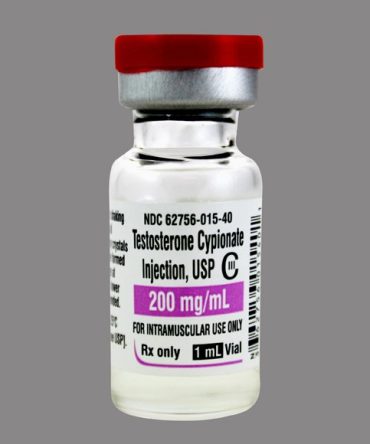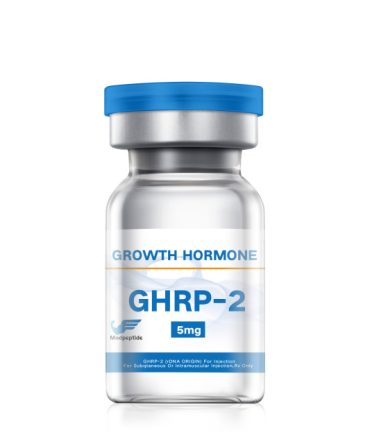Clomid is a selective estrogen receptor modulator (SERM) that works by blocking estrogen receptors in the hypothalamus. This stimulates the release of follicle-stimulating hormone (FSH) and luteinizing hormone (LH), which are essential for the production of testosterone and sperm in men. A powerful clomiphene citrate medication designed to increase testosterone levels and support male fertility. Ideal for men experiencing low testosterone or infertility issues, Clomid helps stimulate hormone production and enhance reproductive health.
The Role of Clomid in Men’s Health
Clomid plays a crucial role in men’s health by helping to restore normal testosterone levels. Low testosterone levels can lead to a variety of symptoms, including decreased libido, erectile dysfunction, muscle loss, and fatigue. By increasing testosterone production, Clomid can improve these symptoms and enhance overall well-being.
How Does Clomid Work?
Clomid works by stimulating the production of gonadotropin-releasing hormone (GnRH) from the hypothalamus. This hormone then signals the pituitary gland to release FSH and LH, which are responsible for the production of sperm and regulation of testosterone levels. By increasing the levels of FSH and LH, Clomid can help boost sperm production and improve hormone balance in men.
Furthermore, the use of Clomid in men has been a subject of ongoing research to explore its potential benefits beyond fertility. Studies have indicated that Clomid may play a role in improving symptoms of hypogonadism, a condition characterized by low testosterone levels. This highlights the versatility of Clomid in addressing various hormonal concerns in men, showcasing its potential as a multifaceted treatment option.
The Role of Clomid in Male Fertility
Many men who experience infertility issues may benefit from incorporating Clomid into their treatment plan. This medication offers several potential benefits for male fertility, including:
Clomid and Testosterone Levels
One of the primary benefits of Clomid is its ability to increase testosterone levels. When testosterone levels are low, it can negatively impact sperm production and overall reproductive function. Clomid helps to stimulate the production of testosterone, which can enhance fertility and improve sexual health. Either taken alone or with other pharmaceutical-grade boosters .
Clomid’s Impact on Sperm Count

In addition to increasing testosterone levels, Clomid can also improve sperm count in men with low sperm counts. By stimulating the release of FSH and LH, Clomid helps to promote the production of healthier and more motile sperm. This increase in sperm count can significantly enhance the chances of achieving pregnancy.
Furthermore, Clomid is known to have a positive impact on sperm morphology, which refers to the size and shape of sperm. Men with abnormal sperm morphology may have difficulties with sperm motility and fertilization. Clomid can help normalize sperm morphology, increasing the likelihood of successful fertilization.
Potential Side Effects of Clomid
While Clomid can offer significant benefits for male fertility, it is essential to be aware of potential side effects. Some men may experience mood swings, hot flashes, or changes in vision while taking Clomid. It is crucial to discuss any concerns or side effects with a healthcare provider to determine the best course of action.
The Process of Taking Clomid
Before starting Clomid, it is important to consult with a healthcare professional who specializes in male fertility. They will determine if Clomid is the right treatment option for you and guide you through the process.
Dosage and Administration
Clomid is usually taken orally in pill form. The dosage and duration of treatment will depend on individual circumstances, including your medical history and fertility goals. Your healthcare professional will prescribe the appropriate dosage and provide instructions on when and how to take the medication.
It’s important to follow the prescribed dosage and schedule diligently to maximize the effectiveness of Clomid. Missing doses or taking the medication at the wrong time can impact its ability to regulate hormone levels properly. Your healthcare provider may recommend specific times of the day to take Clomid to enhance its absorption and efficacy.
The Effectiveness of Clomid in Treating Male Infertility $ Testosterone level
Studies have shown promising results regarding the effectiveness of Clomid in treating male infertility. While individual results may vary, research has revealed that Clomid can significantly improve sperm count and overall sperm quality. The success rates of Clomid treatment can also be influenced by various factors.
Factors Influencing the Effectiveness of Clomid
Several factors can influence the effectiveness of Clomid in treating male infertility. These factors include the underlying cause of infertility, the duration of treatment, and the individual’s overall health. It is crucial to undergo a thorough evaluation with a healthcare professional to determine the most appropriate treatment plan and optimize the chances of success.
The Benefits of Clomid: Conclusion
In conclusion, Clomid offers numerous benefits for men struggling with certain reproductive issues. From boosting testosterone levels and improving sperm count to enhancing overall male fertility, Clomid is an effective treatment option.








